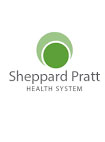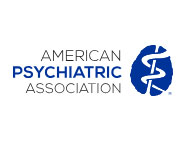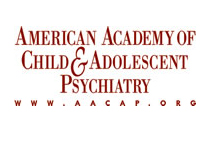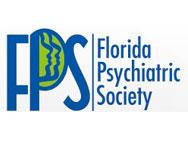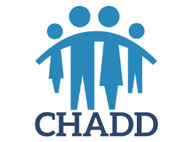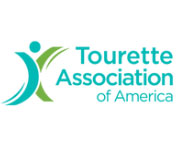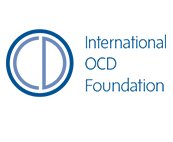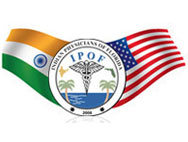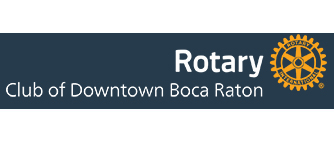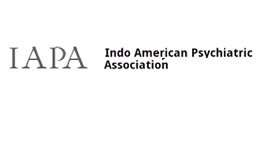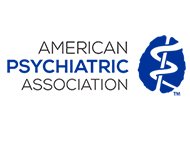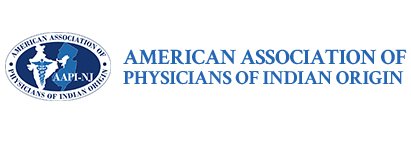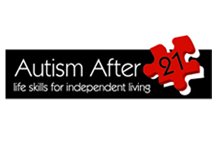Maternal Mental Health: A Silent Struggle and the Power of Community-Based Support

Maternal mental illness is a common but often overlooked challenge for mothers worldwide. Conditions like postpartum depression, anxiety, and more severe disorders such as bipolar disorder or borderline personality disorder (BPD) affect many mothers, impacting their well-being and their ability to bond with their children. In fact, a global study estimated that around 17.2% of mothers experience postpartum depression, with the highest rates found in South Africa. But maternal depression can persist beyond the early months of a child’s life, continuing through the toddler years and even beyond, affecting both mother and child deeply.
The Impact of Maternal Mental Health on Parenting
Mothers struggling with mental health issues may face a range of difficulties, including feelings of sadness, guilt, anxiety, and overwhelming loneliness. These challenges can hinder their ability to engage with their children, often leading to feelings of inadequacy as parents. Research shows that low perceived parental self-efficacy (PPSE)—the belief in one’s ability to parent effectively—often accompanies maternal mental health struggles. This can lead to increased stress in parenting and even long-term challenges in the mother-child relationship.
Children of mothers with untreated mental health conditions are at a greater risk of facing developmental challenges, such as difficulties in emotional regulation and social interactions. But studies also highlight that the quality of parenting, rather than the presence of mental illness alone, plays a crucial role in shaping a child’s future. Therefore, programs that support mothers in building better bonds with their children can make a significant difference.
How Programs Like Acorn Make a Difference
In South Australia, the Acorn parenting program aims to provide a lifeline for mothers with mental health challenges, offering support to those with children under three years old. Over 15 weekly sessions, mothers participate in activities that build their confidence, enhance their relationship with their children, and provide peer support. The program includes components like “Dance Play” to encourage positive interactions, “Reflective Journaling” to help mothers explore their feelings, and “Therapeutic Letters” offering personalized guidance.
The Acorn program’s holistic approach has shown promising results. Mothers who completed the program reported improved interactions with their children, higher levels of confidence in their parenting, and a stronger sense of community. These changes have had lasting impacts, with many mothers continuing to feel the benefits even months after completing the program.
The Need for Community Support and Connection
Beyond addressing individual mental health challenges, programs like Acorn play a vital role in building social support networks. Many mothers, especially those who are single or from diverse cultural backgrounds, find themselves feeling isolated. Acorn has helped mothers create connections with others who share similar struggles, making them feel less alone in their parenting journey.
The program’s success highlights the importance of combining mental health support with parenting guidance. Mothers learn not only to manage their symptoms but also to engage more effectively with their children, creating a healthier environment for both themselves and their little ones.
Moving Forward: Supporting Maternal Mental Health
The global prevalence of maternal mental health issues, especially in the wake of the COVID-19 pandemic, emphasizes the need for programs like Acorn. As more cases of maternal depression come to light through increased screening and awareness, there is an urgent need for effective support systems. Community-based programs that address both mental health and parenting skills can offer a crucial buffer, helping mothers navigate the challenges of motherhood while building stronger bonds with their children.
For many mothers, addressing mental health is not just about symptom relief—it’s about finding the strength to connect with their children and create a nurturing environment for growth. Programs like Acorn show that with the right support, mothers can overcome these challenges and thrive in their roles as parents.
Reference:
Aylward, P., & Sved Williams, A. (2022, December 20). Holistic community-based group parenting programs for mothers with maternal mental health issues help address a growing public health need for a diversity of vulnerable mothers, children and families: Findings from an action research study. Frontiers.
Dr.Kothari is amazing! She has been my doctor for years...
I have been a patient of Dr. Kothari for over three years. She has invested her heart...
Dr. Kothari has been seeing my sons for seven years. She is a wonderful resource...
Dr. Kothari is very caring. Appointments and waiting times are great...
When we started seeing Dr. Kothari, my son was dealing with a great...
Dr. Kothari has saved my life, this I can say without reservation...

 Patient Forms
Patient Forms Videos
Videos Location
Location

